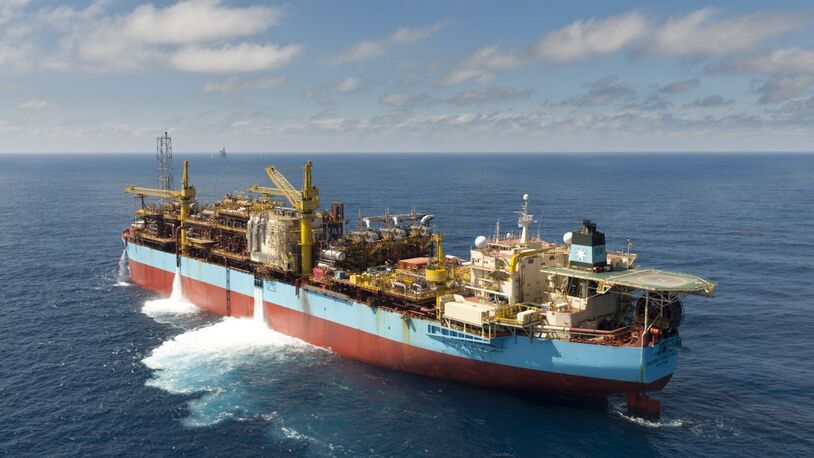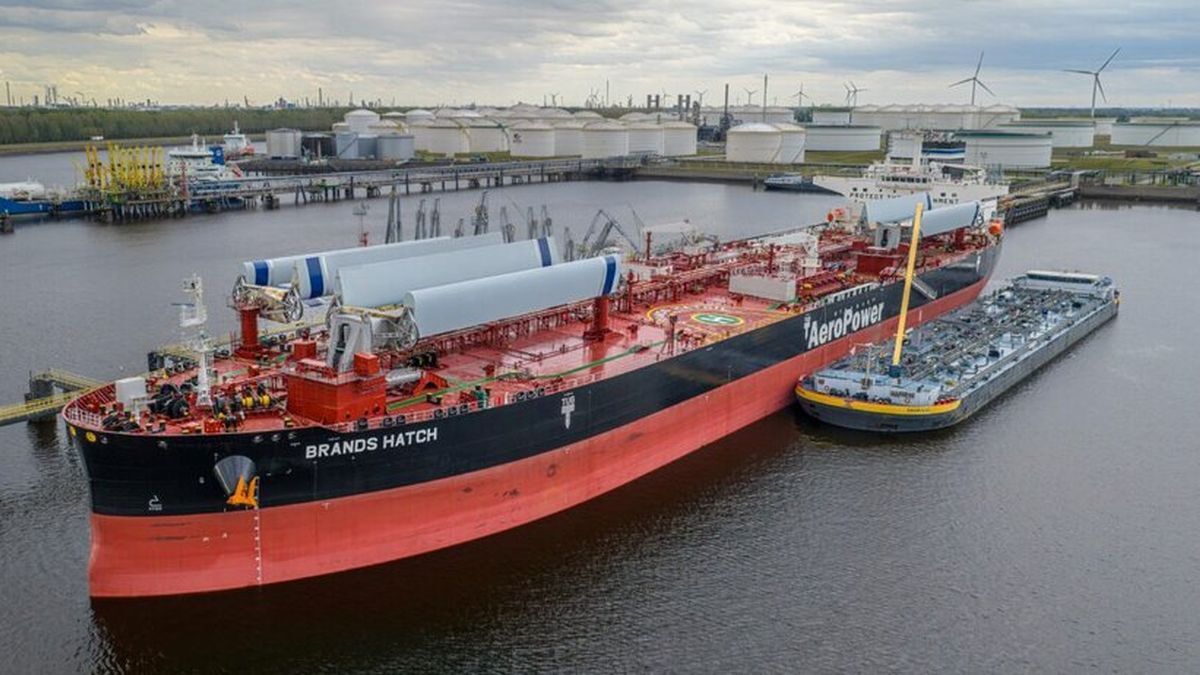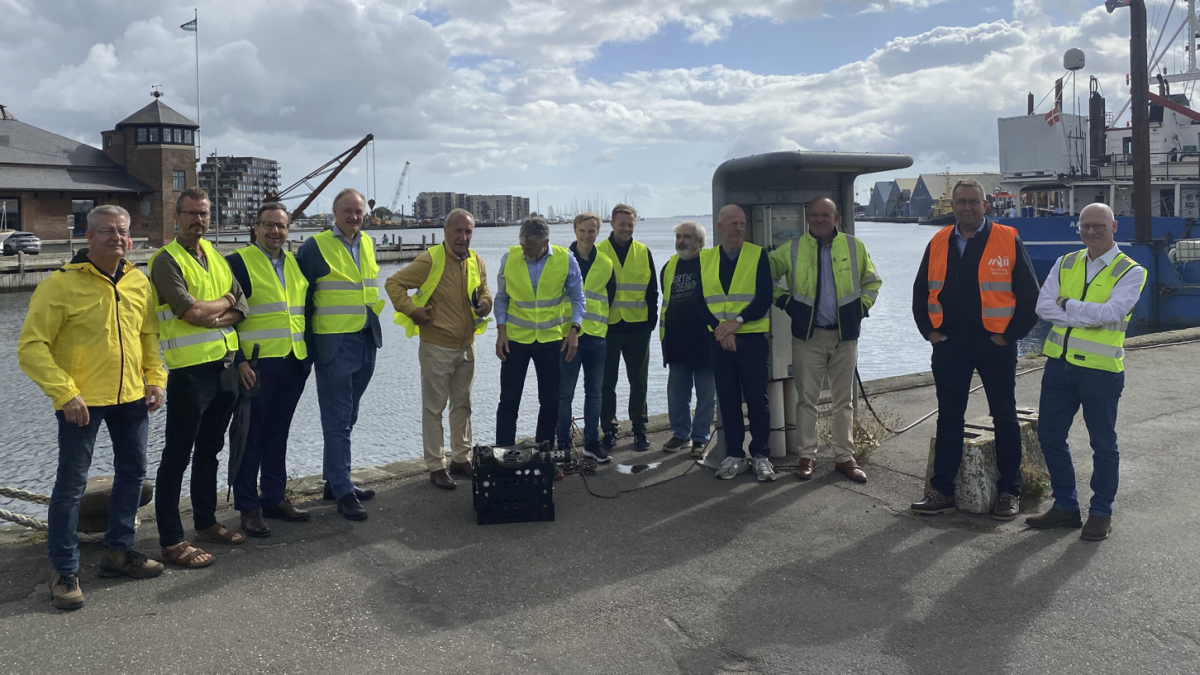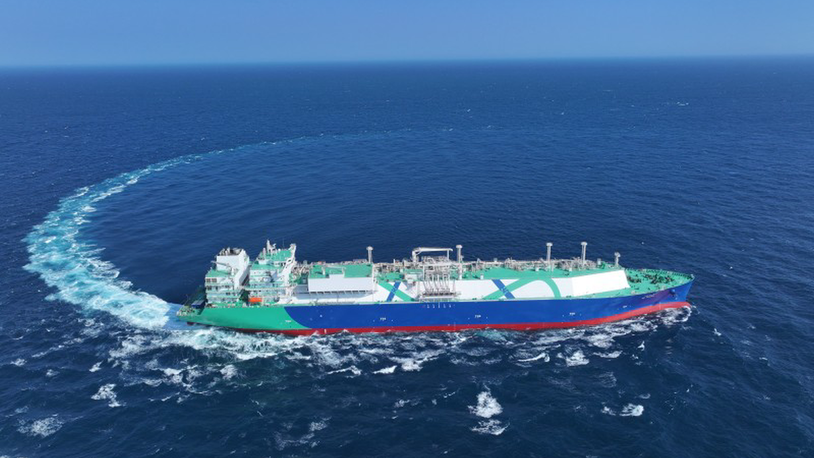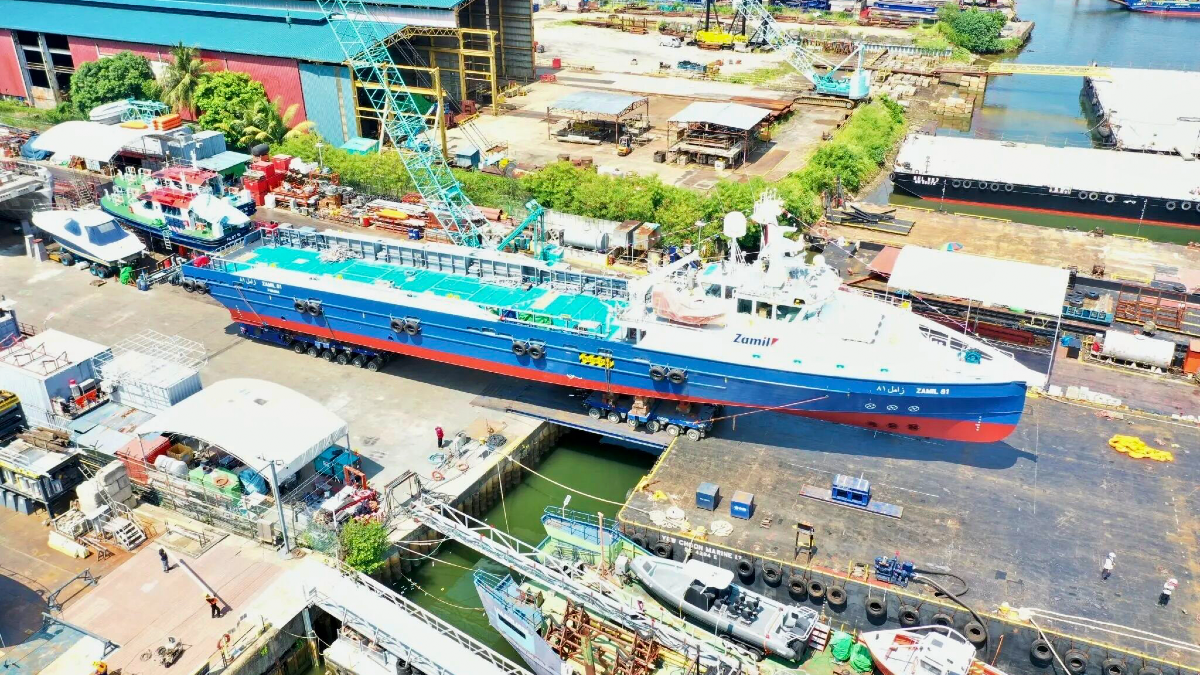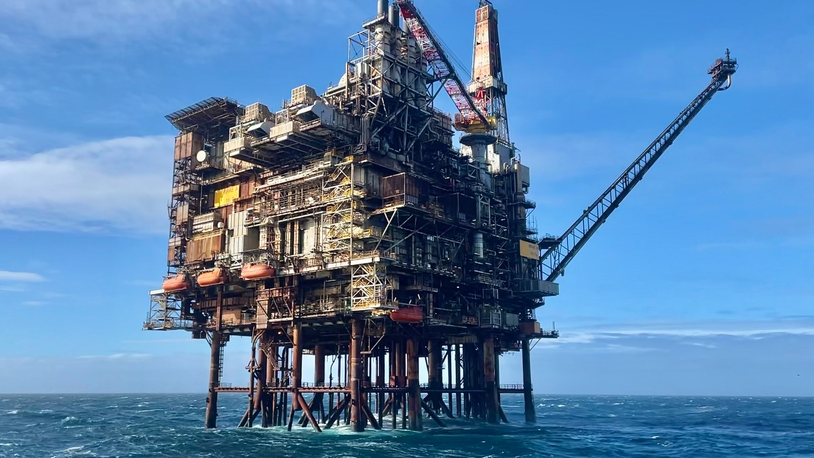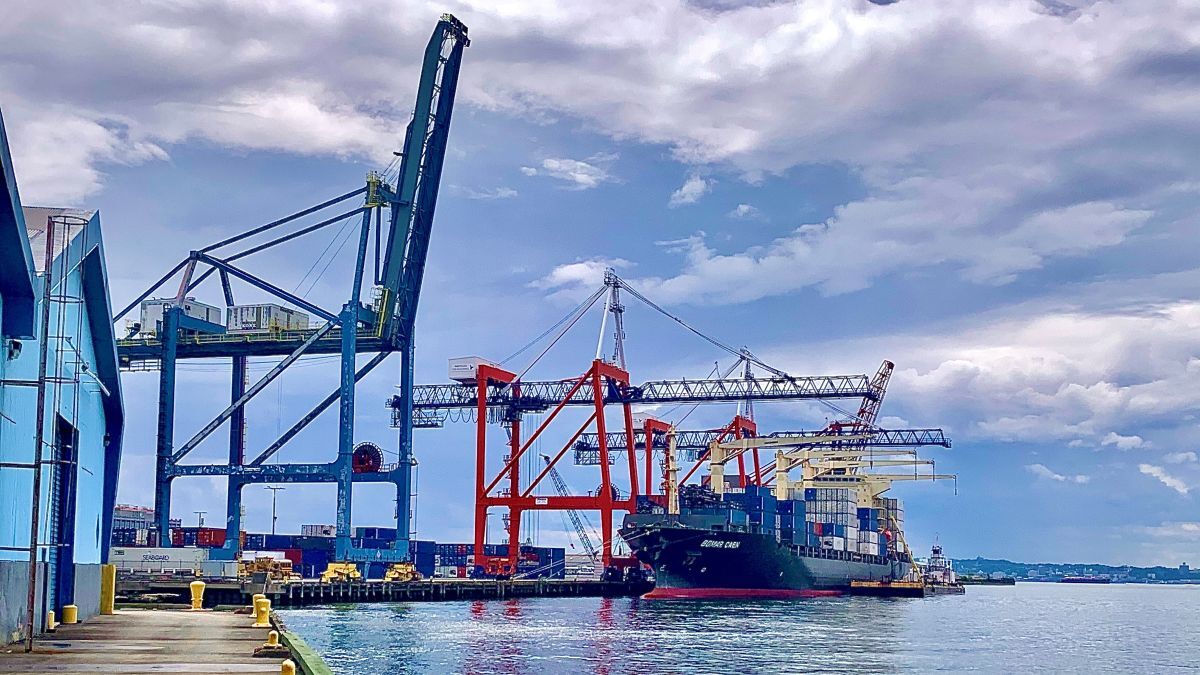Business Sectors
Events
Offshore Wind Webinar Week
Contents
Register to read more articles.
Driving efficiency in a stable offshore support market
Vessel owners and operators should use this period of stability to invest in digitalisation to optimise operations and reduce energy consumption and emissions
After a period of turbulence, the offshore support vessel (OSV) market has entered a phase of relative stability.
Tight vessel supply and high day rates have given owners and operators a degree of breathing room, yet this should not be mistaken for a reason to delay strategic improvements, says Opsealog founder and managing director Arnaud Dianoux.
He says it is a rare opportunity to embed the digitalisation systems and processes that will define future competitiveness for OSV owners and operators.
“At the core of this transformation is digitalisation,” he tells Riviera. “However, in a sector often cautious of new investments, the solutions that will gain traction are those that deliver results quickly, without costly or complex integration.”
Digital tools can improve how OSVs report data to authorities; help owners optimise energy and power, reduce operational expenditure, lower maintenance requirements and reduce potential downtime; and enable operators to demonstrate emissions reductions and efficiencies.
“By collecting and analysing real-time vessel data, operators can identify inefficiencies, reduce fuel consumption, improve marine offshore logistics through enhanced fleet utilisation, increase technical availability and streamline decision-making,” says Mr Dianoux.
“When this process becomes embedded in everyday operations, it creates a feedback loop that drives operational excellence, enhancing performance without the need for new hardware or fleet expansion.”
Plug-and-play tools that offer minimal disruption to crew, align with operational realities, and generate measurable impact from day one will have a clear advantage. They will provide an efficiency loop with a continuous improvement model powered by digital insights.
Each OSV can generate more than 20 GB of data per day. When this data is structured and shared through common standards, it becomes a tool for improving operational decisions.
Most support vessels generate between 120 and 150 reports per month. Based on industry practice, an officer on an OSV submits around four or five reports each day.
This starts with mandatory daily noon reports, then fuel consumption and dynamic positioning (DP) status logs, then activity and maintenance entries, and any safety or operational checks.
These could be scattered across spreadsheets and paper forms, which makes spotting trends and taking action harder, making digitalisation more attractive.
“Data often sits in silos, integration can be patchy, and internal alignment is essential,” Mr Dianoux explains. “To overcome these challenges, digital solutions must be intuitive, reliable, and aligned with real-world marine workflows. They must empower, not overwhelm, the teams that use them.”
When this data is structured and shared through common standards, it becomes a tool for improving operational decisions.
“The focus now is on finding the right solutions, and using the current market stability to put them to work”
Many applications include real-time reporting, predictive maintenance, fuel and emissions tracking, technical availability monitoring, ESG reporting and charterer collaboration.
With one system capturing and distributing consistent data, crews spend less time on forms and more time on critical tasks.
“For shipowners and charterers, the question is no longer whether digitalisation adds value,” says Mr Dianoux. “The focus now is on finding the right solutions, and using the current market stability to put them to work.”
London, UK-listed independent energy company Tullow Oil is installing software on four platform supply vessels and anchor-handling tug, supply vessels it uses to support oil production offshore Ghana, to optimise fuel consumption and reduce emissions.
Using French developer Opsealog’s Streamlog e-reporting tool and Marinsights platform, Tullow will be able to track vessels, streamline data collection for reporting and forecast costs, reducing the environmental impact of the fleet supporting oil and gas operations.
Data collection from these support vessels will be used for weekly, monthly and annual reports, while supporting forecasting and cost tracking.
Positioning information will help Tullow with vessel tracking and offshore logistics planning. When combined with fuel consumption information, this will enable Tullow to improve fleet efficiency.
Riviera’s Offshore Support Journal Conference, Asia 2025, the largest forum for vessel owners, designers, shipbuilders, charterers and suppliers within the OSV sector in Asia, Use this link to register your interest
Related to this Story
Events
Offshore Wind Webinar Week
Maritime Decarbonisation, Europe: Conference, Awards & Exhibition 2025
Offshore Support Journal Conference, Americas 2025
© 2024 Riviera Maritime Media Ltd.



